Protest is a "tool in the hands of the civil society" just as "strike is a weapon in the hands of the workmen", the Supreme Court said on Wednesday.
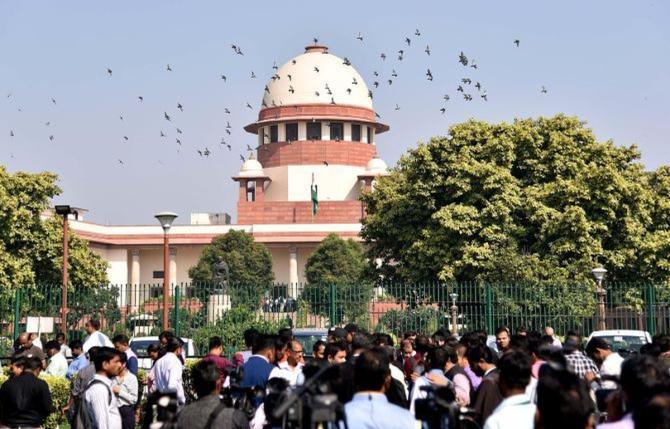
The top court made the remarks while hearing an appeal filed by Ravi Namboothiri, who had challenged the Kerala high court's judgement that upheld a trial court verdict setting aside his election as councillor in the gram panchayat in November 2015.
His election to the post was cancelled on the ground that he suppressed in his nomination form his involvement in a criminal case and that he had committed a corrupt practice.
A bench of justices S Abdul Nazeer and V Ramasubramanian said the Kerala Police Act was the successor legislation of certain police enactments of the colonial era which aimed at scuttling the democratic aspirations of the indigenous population.
"Just as strike is a weapon in the hands of the workmen and lockout is a weapon in the hands of the employer under labour welfare legislations, protest is a tool in the hands of the civil society and police action is a tool in the hands of the Establishment. All State enactments such as Kerala Police Act, Madras Police Act etc, are aimed at better regulation of the police force and they do not create substantive offences," it said.
"This is why these Acts themselves empower the police to issue necessary directions for the maintenance of law and order and the violation of any of those directions is made a punishable offence under these Acts," the bench said.
On September 20, 2006, Namboothiri and others formed an unlawful assembly and committed criminal trespass into the office compound of the Annamanada Gram Panchayat and put up a temporary shed for conducting a 'dharna', according to a police complaint.
The appellant was convicted for offences punishable under the Indian Penal Code and the Kerala Police Act.
Later, a sessions court set aside his conviction under sections of the IPC. However, it upheld his conviction under the Kerala Police Act and directed him to pay a fine of Rs 200.
The Supreme Court said while offences under the IPC or under special enactments such as the Prevention of Corruption Act and Arms Act are substantive offences, the commission of which may make a person a criminal, an offence under certain enactments such as Kerala Police Act are not substantive offences.
"Once the object behind the provisions of the Kerala Police Act are understood, it would be clear that neither Section 52(1A) read with Rule 6 and Form 2A nor Section 102(1)(CA) of the Act nor the decisions in the Association for Democratic Reforms, the People's Union for Civil Liberties... can be stretched to such an extent that the failure of the appellant to disclose his conviction for an offence under the Kerala Police Act for holding a dharna in front of the panchayat office is taken as a ground for declaring an election void," it said.
The Kerala Police Act is "actually the successor legislation of certain police enactments of the colonial era, whose object was to scuttle the democratic aspirations of the indigenous population", the apex court said.
This aspect should be kept in mind before applying "blindfold, the principle 'what is sauce for the goose is sauce for the gander", it said.
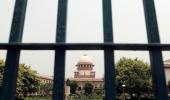
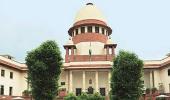
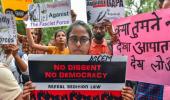





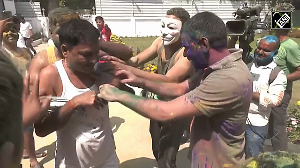

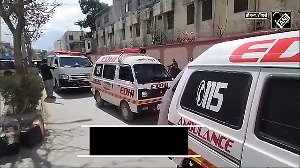
 © 2025
© 2025